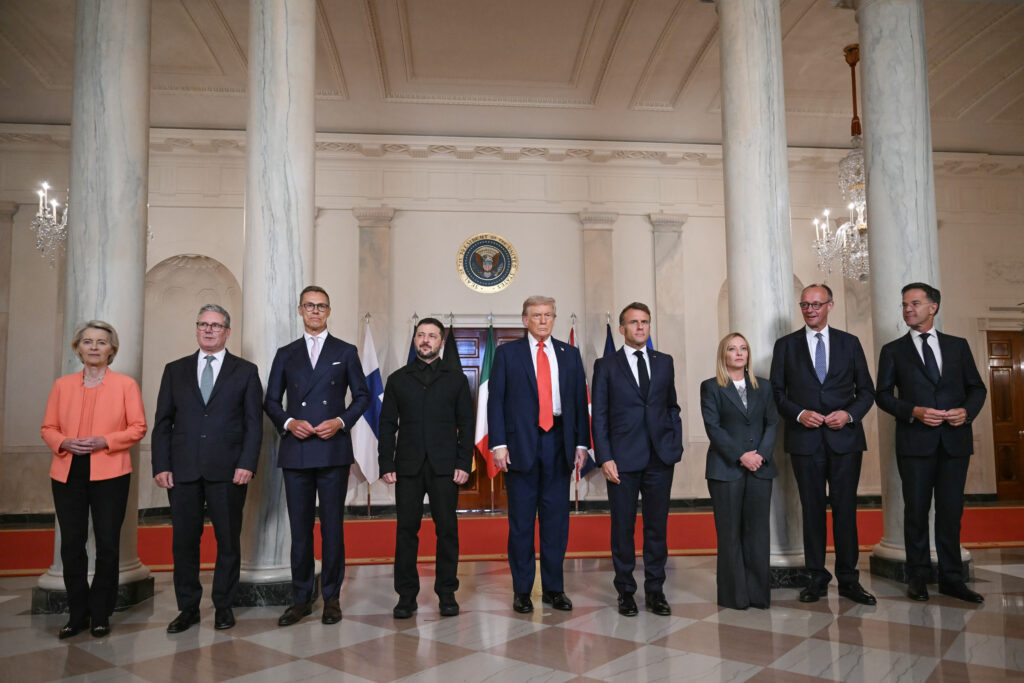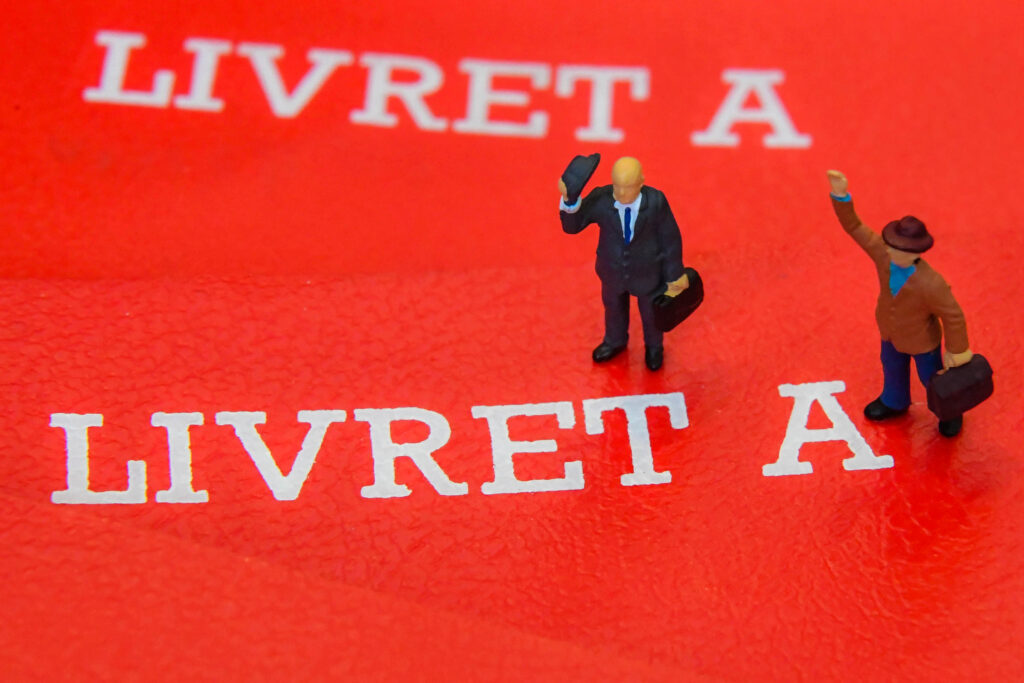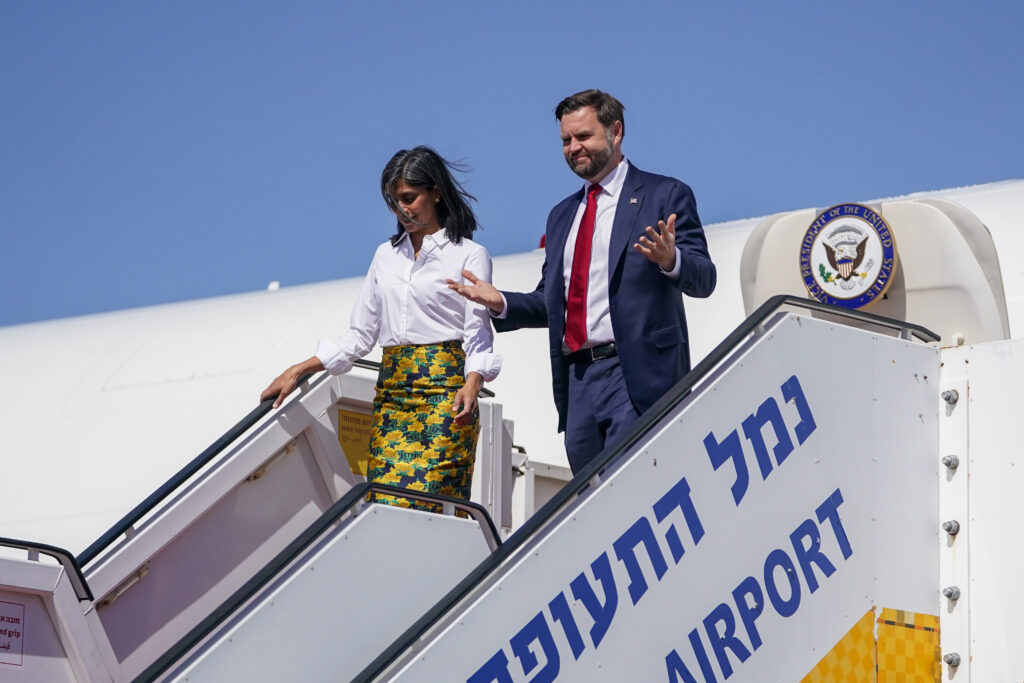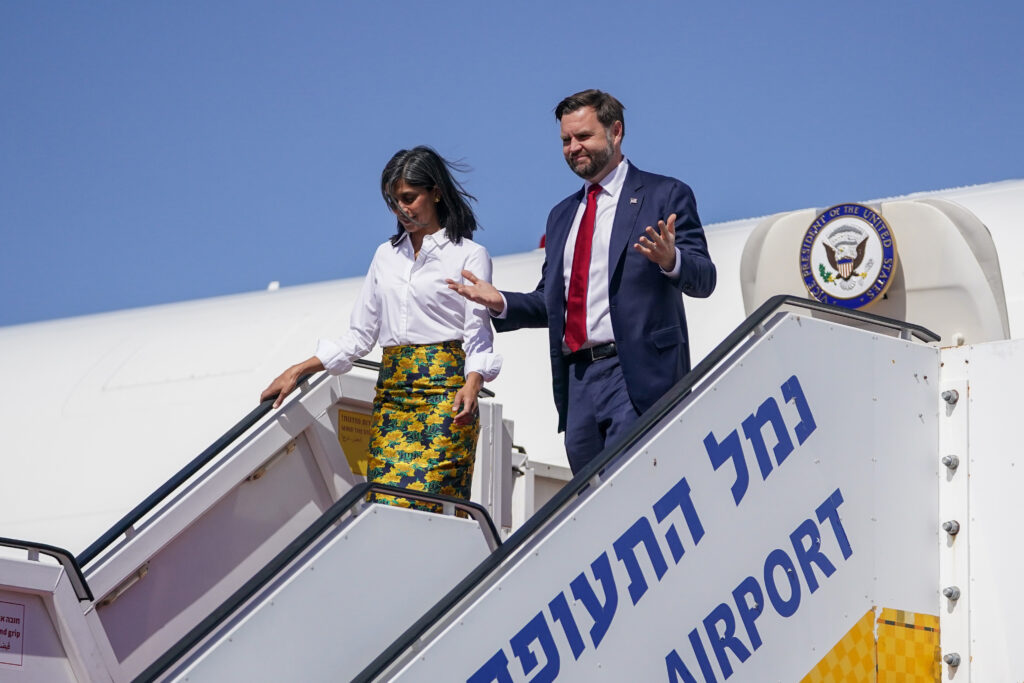Europe backs Trump’s Ukraine peace push as Kremlin hedges on summit
European leaders Tuesday threw their support behind President Donald Trump’s peace push for Ukraine, while reaffirming their red lines, as the Kremlin cast doubt on chances of an imminent summit between the US leader and Vladimir Putin.Fresh from his Gaza peace deal, Trump has resumed the search for an elusive breakthrough in Ukraine, as the war grinds into its fourth year since Russia’s invasion, through contacts with both Kyiv and Moscow.The likelihood of a Trump-Putin summit taking place in Budapest within two weeks, as promised by the US leader, appeared to recede Tuesday as Moscow warned laying the groundwork “could take time”.But the mooted sit-down has revived the prospect of Washington and Moscow cutting a deal that could disadvantage Kyiv and threaten broader European security interests.The US leader asserted, after hosting Ukrainian President Volodymyr Zelensky last Friday, that peace talks should begin based on the current frontline with Russia — but multiple reports said US officials had in private pushed Kyiv to concede territory.In a joint statement on Tuesday, leaders including Zelensky, France’s Emmanuel Macron and Germany’s Friedrich Merz threw their weight behind Trump’s peace effort — while appearing to seek to hold him to his public comments.”We strongly support President Trump’s position that the fighting should stop immediately, and that the current line of contact should be the starting point of negotiations,” said a statement signed by Zelensky, EU chiefs Antonio Costa and Ursula von der Leyen, Macron, Merz, Britain’s Keir Starmer and Italy’s Giorgia Meloni.”We remain committed to the principle that international borders must not be changed by force,” said the leaders, who also included those of Denmark, Finland, Norway and Poland.- Closing ranks -In comments made on board Air Force One on Sunday, Trump made no references to Kyiv ceding territory.”What I say is they should stop right now at the battle lines,” Trump told reporters, adding: “They can negotiate something later on down the line.”Zelensky, who is pushing to attend any summit in Budapest after being shut out of Trump’s last meeting with Putin, in Alaska, has ruled out territorial concessions.France’s Macron said Tuesday Ukraine’s Western allies were ready to provide security guarantees in the event of a ceasefire, but that Kyiv alone would decide on any territorial negotiations.”No one else can do this. Therefore, it is up to Ukraine to decide for itself and its territory,” Macron said in Slovenia.EU leaders are set to close ranks in support of Ukraine at a Brussels summit on Thursday — followed a day later by a “coalition of the willing” meeting of European leaders in London to discuss the next steps to help Kyiv.Their statement on Tuesday was about “clearly” reiterating Europe’s position, expressed during a visit by the leaders to Washington following the US president’s talks with Putin in August, an EU official told AFP.- ‘Strongest’ Ukraine position -In the text, European leaders slammed “Russia’s stalling tactics” which “have shown time and time again that Ukraine is the only party serious about peace”.”Therefore we are clear that Ukraine must be in the strongest possible position — before, during, and after any ceasefire,” they said.The European Union is considering a new 140-billion-euro ($163-billion) loan for Ukraine funded by frozen Russian central bank assets, which will be discussed at Thursday’s summit in Brussels.Officials are hoping the summit will produce a green light to move ahead with a detailed legal proposal on the loan.”We must ramp up the pressure on Russia’s economy and its defence industry, until Putin is ready to make peace,” the leaders said.burs-raz/ec/st







